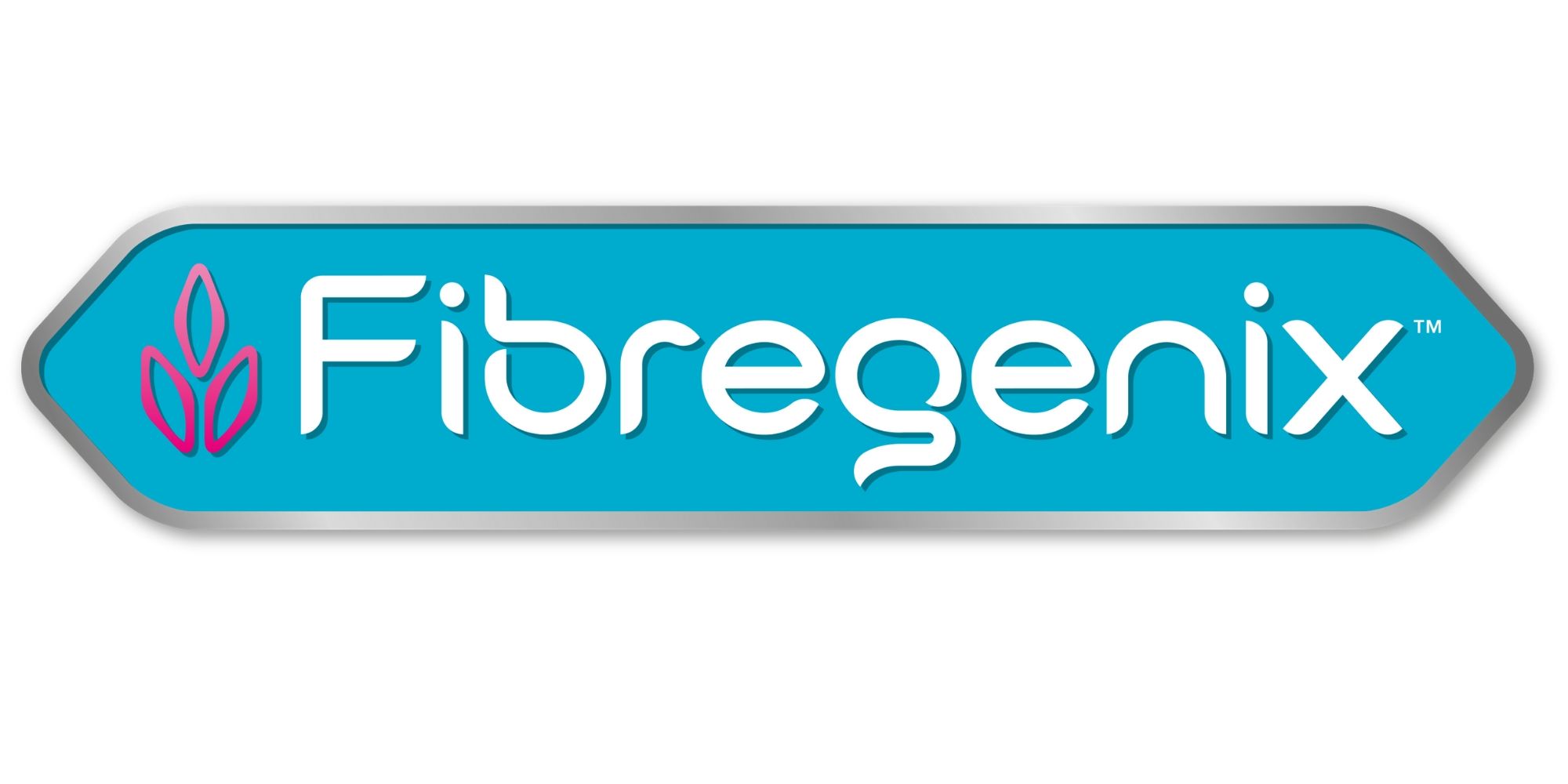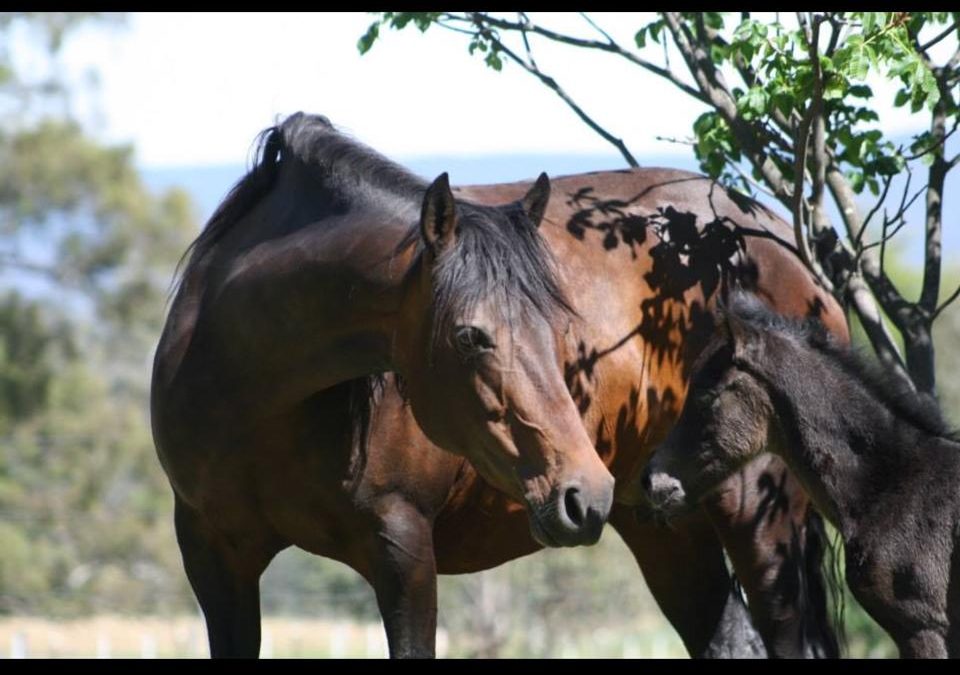YOUR HORSE’S IMMUNE SYSTEM
We all know that without an efficiently working immune system your horse will be exposed to all manner of health issues. So, in this blog we’ll look at what the Immune system is and how you can optomise it.
Your Horse’s Immune System – What is it?
An immune response is simply the ability to mount an effective defence against malignancies and invading micro-organisms by producing immunoglobulins (antibodies).
According to Ian Tizard, PhD, BSc, BVMS, MRCVS, who authored the book, Veterinary Immunology, An Introduction, the basic requirements of an immune system include four components:
- A method of trapping and processing antigens
- A mechanism for reacting specifically to the specific antigen (becoming antigen-sensitive)
- Cells to produce antibodies or to participate in the cell-mediated immune response
- Cells to retain memory of the event and to react specifically to the antigen in future encounters
When Boosting Your Horse’s Immune System Matters
Just like us, your horse’s immune system becomes less competent with age. Also, weanlings, young horses, stress, and poor condition can also negatively impact the immune system. This in turn makes them more vulnerable to disease and infections.
Significantly, supporting the immune system is vital to those with specific health issues or equine athletes whose bodies are constantly put under stress from competition or travelling. Even weather changes can also stress your horse’s immune system, so you want to be especially careful of management strategies during these times.
Gut Health to Boost Your Horse’s Immune System
Considering that 70% of your horse’s immune system is in his GI tract, the immune system itself is directly affected by the health of the digestive system. Several other organs such as the thymus gland and the bone marrow, are the sites where white blood cells are produced. Others, including the spleen, lymph nodes, and liver, trap microorganisms and foreign substances. They provide a place for immune system cells to collect, interact with each other and with foreign substances, and generate an immune response.
Nutritional Support
The nutrients most associated in immune health are antioxidants, micro and macro minerals, omega 3 and 6 fatty acids (particularly Omega 3) and glutamine. However, there must be an overall balance of all nutrients when it comes to good immune health.
Antioxidants
Vitamin E, vitamin C, selenium and beta-carotene – the precursor to vitamin A, all have a positive effect on the immune system.
Macro And Micro Minerals
Micro-minerals include such elements as zinc, copper, cobalt, and manganese. While macro-minerals include calcium, phosphorus, and magnesium.
Omega 3 And 6 Fatty Acids
Studies show that both fatty acids, more so Omega 3, play a role in the immune function of clinically normal horses.
Glutamine
Glutamine is an amino acid. The immune system needs to receive an adequate supply of L-glutamine to protect against illness and potential tissue damage. L-glutamine deficits can result in:
- diarrhea
- atrophy of intestinal villi
- mucosal ulceration in the stomach and colon
- increased intestinal permeability
- necrosis
- digestive complications
- poor nutrient absorption
Gut Support for Your Horse’s Immune System.
A combination of both MOS & FOS prebiotics is a powerful tool when it comes to supporting your horse’s immune health.
MOS
MOS (mannanoligosaccharide) contains high levels of beta-glucans. These are shown to support a healthy immune system and may increase its reaction capacity. MOS itself enhances immunoglobulin production during gestation. This improves the quality of the colostrum and the transfer of immunity from the mare to foal at birth.
FOS Prebiotic
Short-chain FOS (fructooligosaccharides) are selectively fermented by some bacteria in the intestinal microbiota. By providing beneficial bacteria with a good source of food they can strengthen the immune system.
Nucleotides
Nucleotides are the building blocks of RNA and DNA molecules in the horse’s body. Research has shown that all horses and ponies can benefit from the inclusion of additional nucleotides in their diet. However, performance horses or those with health issues have the greatest requirement.
The cell regeneration process is accelerated with Nucleotides. Cell regeneration allows an animal to recover much quicker from the type of stress it is under (performance, illness, disease, injury, etc.).
Most pertinently to immune health, Nucleotides also assist with the activation and proliferation of lymphocytes. They help these white blood cells perform their primary function. ie. produce antibodies to attack invading pathogens and destroy cells already invaded by microbes. Keeping these cells functioning properly ensures that the horse’s immune system is actively warding off potential threats.
How Do Fibregenix Balancer Supplements Help Boost Your Horse’s Immunity?
Fibregenix contains immune-boosting nutrients, all in a highly bioavailable form. Bioavailability is really important, because it’s a measure of how well an ingredient is absorbed and utilised by the horse.
Alongside the all-important key antioxidants, (Vitamins A, C, E and selenium) there’s a full range of chelated trace minerals. Digestible protein supplying all the required amino acids has also been added. Another highly important component of Fibregenix is the gut health supplements. These consist of Purified Nucleotides and MOS & FOS prebiotics. All this means that a Fibregenix balancer supplement will provide your horse with everything needed for a healthy immune system.
Whether your horse is a seasoned performer, a veteran, a youngster or just in need of boosted immune support, Fibregenix is instrumental in taking your horse’s immune health to another level. In fact, many of our customers have noticed how quickly their horses recover from illness or even avoid illnesses or viral issues where other horses in the same yard are struggling.
So don’t take any chances with your horse’s health. Just let Fibregenix do the hard yards for you.
Reviewed and amended Feb 2022

